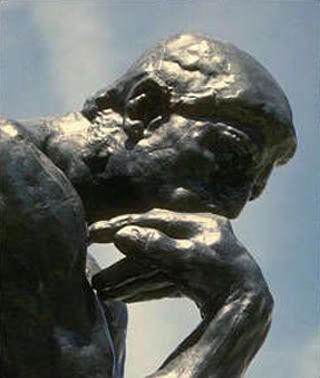
When I cross-posted yesterday’s review on the Escapist, a couple of people pointed out that the card game in that abyssmal movie was grossly misrepresented. Fair enough. Despite the fact that breaking the flow of the game to explain what a card is and does is actually something that happens all the time in actual collectible card games, I will concede I was perhaps a bit too harsh when I referred to the card game of Yu-Gi-Oh! as brain damaged.
I’ve played a few CCGs in my day. Magic: the Gathering, NetRunner, Vampire the Masquerade (remember when it was called Jyhad?), World of Warcraft, and even Dragonball Z. I know how these things work. It’s really, really difficult to make it interesting to someone viewing it from the outside with no interest in the game, and since Yu-Gi-Oh! never got my attention as a game, it sure wasn’t doing itself any favors in movie form.
However, that’s a subjective point of view. And some of the folks who have, with probably somewhat good intentions, brought up the merits of the game, are also viewing the work subjectively. Sometimes, if one remains in a subjective point of view, things like tentative references to other works, flimsy dialogue or plot contrivance can get past the radar since the subject is enamored with what’s been depicted in the work.
My goal in yesterday’s post, and in pretty much every IT CAME FROM NETFLIX! feature, is to do my utmost to remain objective. For the most part, there are things in a work that are going to make it good or bad for people as individuals. My mother isn’t a fan of gratuitous violence or excessive use of the F-bomb. So a movie like Pulp Fiction isn’t something she’s going to watch. However, that film does have objective merits that a good film should have: interesting characters, well-written dialogue, a good soundtrack and thoughtful direction. I and other critics might declare it “good”, but that doesn’t mean everyone’s going to see it. Car magazines might say an Aston Martin is a good car, but I’m not going to buy one. Mostly because I can’t afford it.
On the other hand, Avatar has, as objective merits, technical brilliance, a unique aesthetic, sweeping battle sequences and a decent performance here and there. However, it has a story that is at some times simplistic and others clearly drawing from other sources, as well as supporting characters that are somewhat shallow one-dimensional straw men for corporate greed, indigenous antagonism or American belligerence. From a subjective point of view, it’s difficult for me to forgive the story flaws and character problems because I’ve been working very hard to avoid those very things in my own works. Someone who isn’t neck deep in writing speculative fiction might be able to overlook those difficulties and judge the film as good based on its visuals and the composition of its action. And, really, I can’t say I’d fault anyone for that.
Being critical and attempting to see these things from an objective point of view is as much an exercise for my own work as it is inspiration from Confused Matthew or MovieBob. If I can take a step back from my work as a writer, view the objective merits of that work and make the changes necessary to correct any flaws I see, the work will be better for it. The catch is not to overlook flaws that exist just because I can’t bear to pull the trigger or see flaws where there are none because, let’s face it, we are all our own worst critics.
And if I keep editing instead of writing, this stuff I’ve written will never see the light of day.



August 14, 2010 at 12:19 pm
Good post. I don’t think there is such a thing as over editing. Hemmingway re-wrote the same chapter over 30 times until he was satistifed. You’ll know when it’s done.